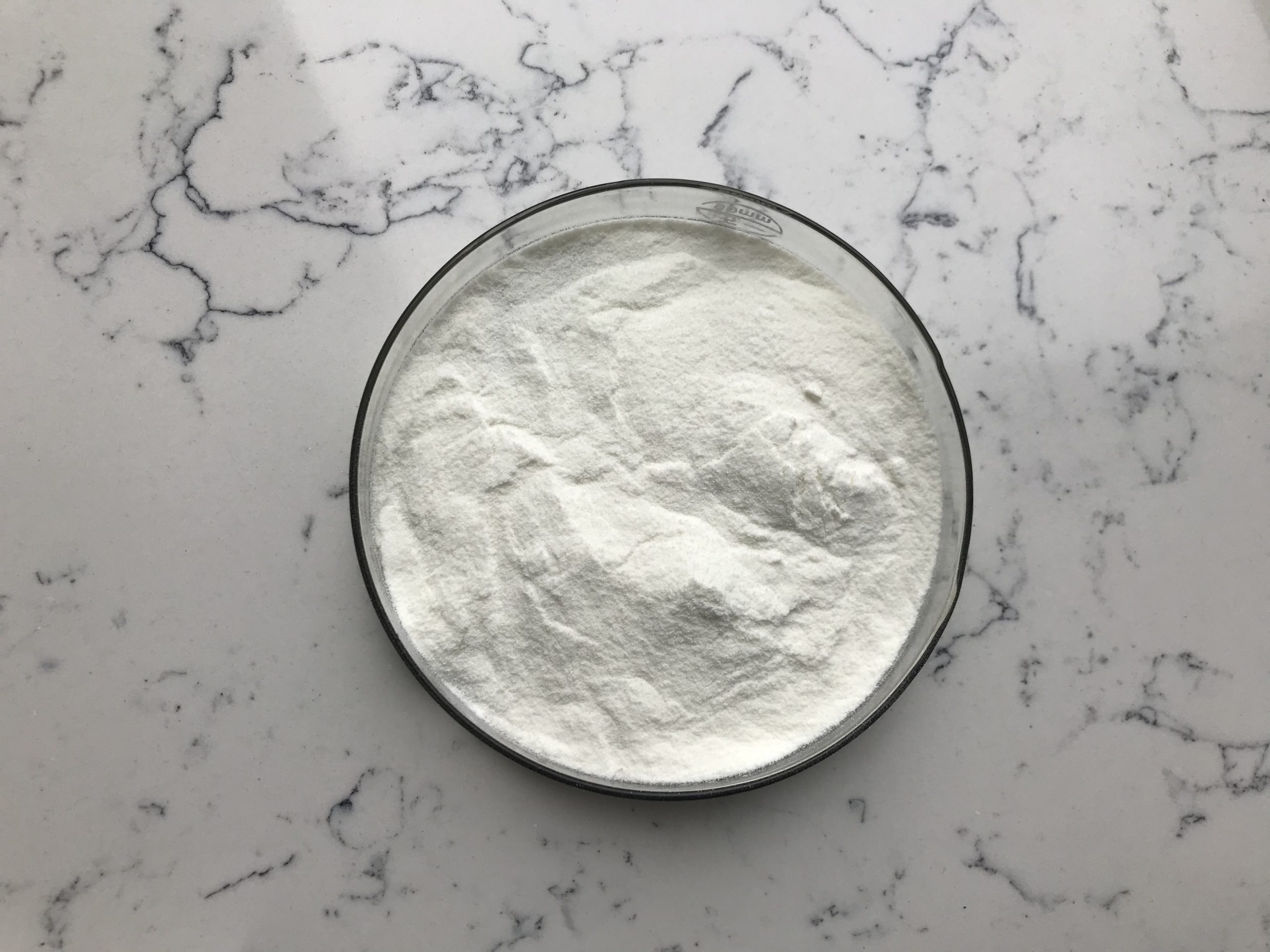Bovine collagen is a type of collagen derived from the skin, bones, and connective tissues of cattle (bovines). Collagen is the most abundant protein in mammals and plays a crucial role in maintaining the structure and strength of various tissues in the body, including skin, bones, cartilage, tendons, and ligaments.
Bovine collagen is often used as a dietary supplement, cosmetic ingredient, or medical material due to its potential benefits for skin health, joint function, and more. It’s available in various forms, including powders, capsules, and creams. Some potential benefits and uses of bovine collagen include:

Skin Health: Bovine collagen is commonly promoted for improving skin hydration, elasticity, and reducing the appearance of wrinkles. It’s believed that supplementing with collagen may help the body produce more collagen, which contributes to the skin’s structural integrity.
Joint Support: Collagen is a major component of cartilage, the tissue that cushions joints. Bovine collagen supplements are sometimes taken to support joint health and alleviate symptoms of conditions like osteoarthritis.
Bone Health: Collagen is a component of bones, and some studies suggest that collagen supplementation might contribute to bone health by supporting bone density and strength.
Hair and Nail Health: Bovine collagen is also thought to promote healthy hair and nail growth by providing the necessary building blocks for these structures.
Wound Healing: Collagen plays a role in wound healing by providing a scaffold for new tissue formation. Some medical applications use collagen-based materials to aid in wound healing.
It’s important to note that while some people may experience benefits from bovine collagen supplementation, the scientific evidence supporting these claims is not always consistent or conclusive. Collagen’s effectiveness can vary based on factors like the source of the collagen, the form of supplementation, and individual differences in metabolism.
If you’re considering using bovine collagen supplements or products, it’s a good idea to consult with a healthcare professional first, especially if you have any underlying health conditions or are taking other medications. Additionally, you might want to opt for products that have been tested for quality and safety by reputable manufacturers.
How to use Bovine Collagen?
Bovine collagen is a protein derived from the connective tissues of cows and is commonly used in various forms for its potential benefits to skin, joints, and overall health. It’s available in different forms, including powder, capsules, and topical creams. Here’s how you can use bovine collagen:
Collagen Powder:
- Dissolving in Liquids: The most common way to use bovine collagen is by adding collagen powder to liquids like water, juice, smoothies, or coffee. Start with a recommended serving size, usually around 1 to 2 tablespoons (approximately 10-20 grams), and gradually adjust according to your preferences.
- Blending in Smoothies: Add the collagen powder to your favorite smoothie recipes for an easy way to incorporate it into your diet.
Collagen Capsules:
- Dosage: Follow the recommended dosage on the product label, usually around 2 to 4 capsules per day, taken with water or a meal.
Topical Creams:
- Skincare: Some skincare products contain bovine collagen to potentially improve skin elasticity and hydration. Follow the instructions on the product for application, usually after cleansing and before moisturizing.
Considerations:
- Time of Day: There’s no specific time when you should consume bovine collagen, but many people find it convenient to add it to their morning routine or post-workout.
- Consistency: Collagen supplements are not instant fixes; consistent use over time may yield better results.
- Hydration: Drinking plenty of water is important when taking collagen supplements, as collagen requires water to work effectively in the body.
- Other Ingredients: Some collagen products may include additional ingredients like vitamins, minerals, or flavorings. Read the product labels and ingredient lists to understand what you’re consuming.

Consult a Healthcare Professional:
- Before adding any supplements to your routine, especially if you have any existing health conditions or are taking medications, it’s advisable to consult a healthcare professional, such as a doctor or registered dietitian.
Remember that individual responses to collagen supplementation can vary. While some people report benefits such as improved skin health, joint comfort, and nail strength, scientific evidence supporting these claims is still evolving. It’s essential to maintain a balanced diet, exercise regularly, and follow a healthy lifestyle for overall well-being.
As of my last update in September 2021, this information is accurate. However, I recommend checking with up-to-date sources or consulting a healthcare professional for the latest guidance on using bovine collagen.
